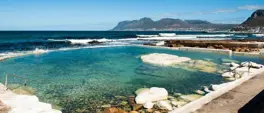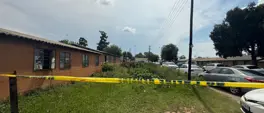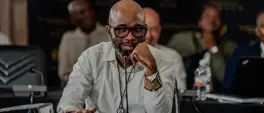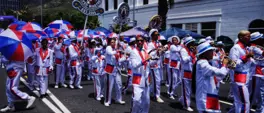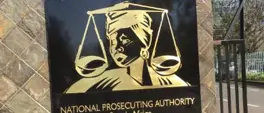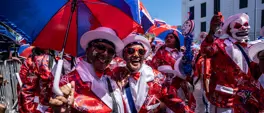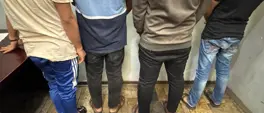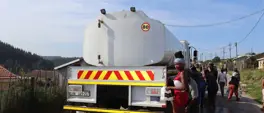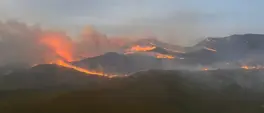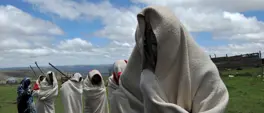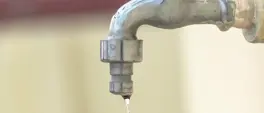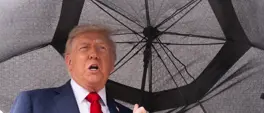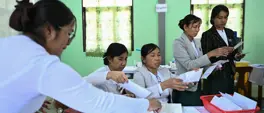Lawyers, human rights groups formally request ICC to investigate Tanzania 'sham' election
Chante Ho Hip
27 November 2025 | 8:08Intelwatch alleges that 5,000 to 10,000 people were killed over three days following election protests.
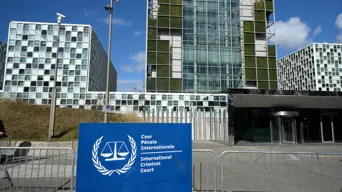
FILE: This photograph taken on 14 March 2025 shows the International Criminal Court (ICC) in The Hague. Picture: Nicolas TUCAT/AFP
An international coalition of lawyers and human rights groups has formally requested the International Criminal Court (ICC) to investigate Tanzania’s election.
President Samia Suluhu Hassan’s government, which won the poll with 98% of the vote, is accused of orchestrating a brutal crackdown during the election unrest, which resulted in mass killings.
RELATED:
Tanzania president to be inaugurated as opposition says hundreds dead
Speaking to 702’s Bongani Bingwa, Cristina Roque, Executive Director of Intelwatch, which submitted the first of four cases to the ICC, alleges that 5,000 to 10,000 people were killed over three days following election protests.
The submission claims security forces used live ammunition rather than standard crowd control measures, with evidence of targeted executions including sniper attacks from significant distances.
It notes that operations were potentially directed by the president's son, who allegedly heads Tanzania's intelligence services.
Evidence includes morgue documentation, hospital records, and thousands of videos showing execution-style killings, with one morgue alone reportedly containing 800 bodies.
“These were sham elections to be able to put in a President who had lost credibility and legitimacy. And the vast majority of the population, especially Gen Z, want her out.”
According to Roque, medical professionals were reportedly threatened with death if they released casualty figures, contributing to the limited international coverage of these events.
The ICC submission argues local courts lack the independence to address these crimes, making international intervention necessary.
“Local courts are not independent, lack the capacity to try the leadership, given they are captured and are partisan,” she says.
“This is the only avenue that we have as NGO’s, through article 15 of the Rome Statute, to put a case before the ICC.”
To listen to Roque in conversation with 702’s Bongani Bingwa, click below:
Get the whole picture 💡
Take a look at the topic timeline for all related articles.

